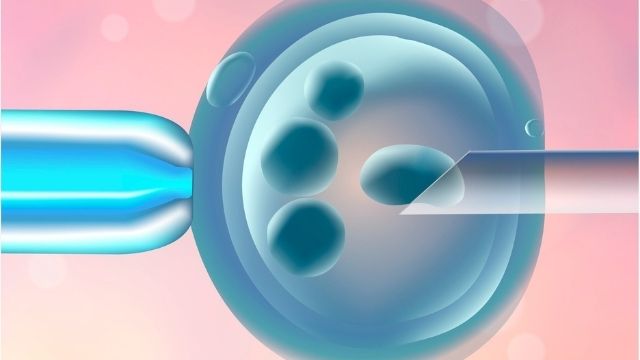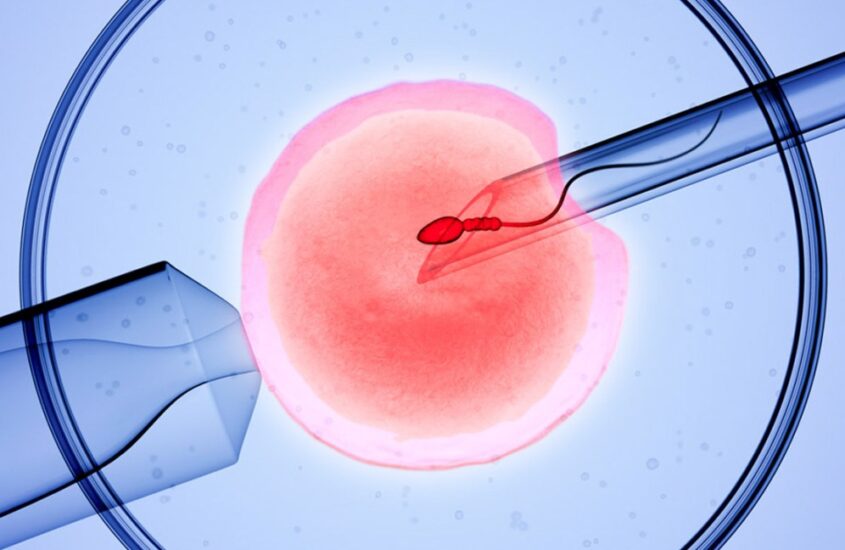For couples struggling with infertility, in vitro fertilization (IVF) treatment has offered a glimmer of hope. With advancements in assisted reproductive technologies, IVF has become a viable option for many. One significant development in IVF treatment is pre-implantation genetic testing (PGT), which plays a crucial role in ensuring healthy embryos for successful pregnancies. This article aims to provide an understanding of the role of pre-implantation genetic testing in IVF treatment and its importance in the journey to parenthood.
What is Pre-implantation Genetic Testing (PGT)? Pre-implantation genetic testing is a procedure performed alongside IVF treatment to examine embryos for genetic abnormalities before they are transferred to the uterus. PGT involves the screening and diagnosis of embryos, enabling the selection of healthy embryos with a higher chance of successful implantation and development. There are two types of pre-implantation genetic testing:
- Pre-implantation Genetic Screening (PGS): PGS is used to analyze the chromosomal makeup of embryos, identifying numerical abnormalities or aneuploidy. This screening helps detect conditions like Down syndrome, Turner syndrome, and other chromosomal disorders.
- Pre-implantation Genetic Diagnosis (PGD): PGD focuses on the diagnosis of specific genetic diseases or disorders, such as cystic fibrosis, sickle cell anemia, or Huntington’s disease. It allows couples to identify embryos that are free from these genetic conditions.
The Importance of Pre-implantation Genetic Testing in IVF Treatment: Pre-implantation genetic testing plays a vital role in the success of IVF treatment for several reasons:
- Increased Pregnancy Success Rates: By selecting embryos with a normal chromosomal profile or those free from specific genetic disorders, PGT enhances the chances of a successful pregnancy. It reduces the risk of implantation failure, miscarriage, and the birth of a child with a genetic condition.
- Enhanced Embryo Selection: PGT provides valuable information about the genetic health of embryos, helping fertility specialists and couples make informed decisions during the embryo selection process. It ensures that only the healthiest embryos with the highest potential for successful implantation are chosen for transfer.
- Minimized Risk of Genetic Disorders: Couples who carry known genetic diseases can benefit from PGD, as it allows them to select embryos free from these conditions. This reduces the chances of passing on genetic disorders to their children, providing them with a healthier start in life.
- Emotional Relief and Peace of Mind: For couples undergoing IVF treatment, the emotional toll can be overwhelming. Pre-implantation genetic testing offers emotional relief and peace of mind by providing information about the genetic health of embryos. It eliminates uncertainty and allows couples to approach the treatment process with greater confidence.
The Process of Pre-implantation Genetic Testing: The process of pre-implantation genetic testing typically involves the following steps:
- IVF Treatment: The IVF process begins with ovarian stimulation, followed by egg retrieval. The retrieved eggs are then fertilized with sperm in a laboratory, creating embryos.
- Embryo Development: The embryos are cultured in the laboratory for a few days, allowing them to develop and reach a suitable stage for biopsy.
- Embryo Biopsy: A few cells are carefully removed from each embryo for genetic analysis. This biopsy does not harm the embryos’ potential for implantation and development.
- Genetic Analysis: The extracted cells undergo genetic testing, using techniques such as polymerase chain reaction (PCR) or next-generation sequencing (NGS). This analysis provides information about the chromosomal profile or specific genetic disorders present in each embryo.
- Embryo Selection: Based on the results of the genetic analysis, embryos without abnormalities or specific genetic disorders are selected for transfer to the uterus.
Conclusion: Pre-implantation genetic testing plays a crucial role in IVF treatment, offering couples the opportunity to select embryos with a higher chance of successful implantation and healthy pregnancies. The procedure provides essential information about the genetic health of embryos, minimizing the risk of genetic disorders and increasing pregnancy success rates. By understanding the significance of pre-implantation genetic testing and its role in IVF treatment, couples can make informed decisions and embark on their journey to parenthood with greater confidence and hope.






